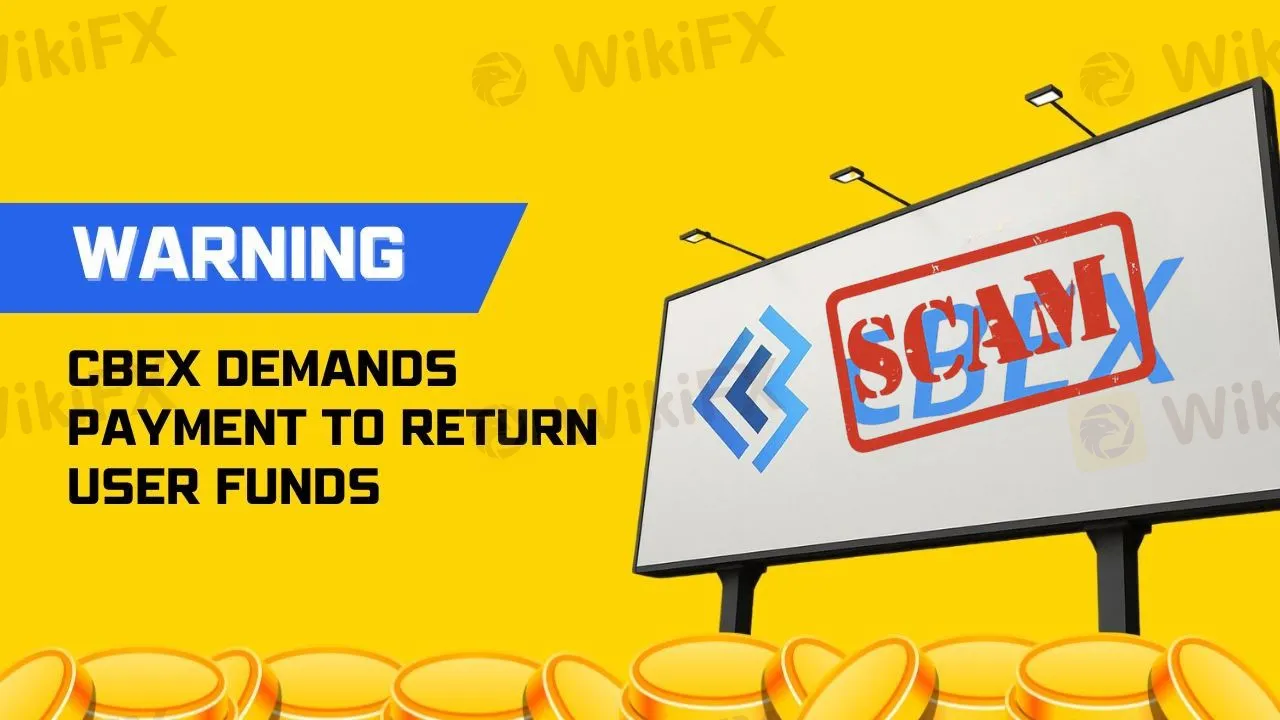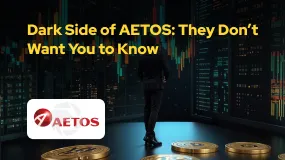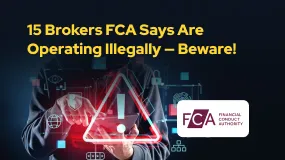简体中文
繁體中文
English
Pусский
日本語
ภาษาไทย
Tiếng Việt
Bahasa Indonesia
Español
हिन्दी
Filippiiniläinen
Français
Deutsch
Português
Türkçe
한국어
العربية
Warning: CBEX Demands Payment to Return User Funds
Abstract:CBEX, already exposed as a Ponzi scheme, is now demanding “activation fees,” further eroding public trust.

The embattled Nigerian crypto platform, Crypto Bridge Exchange (CBEX), has sparked renewed controversy by announcing a new withdrawal scheme that many users and experts have called into question. According to the latest update, users holding up to $1,000 in account balance must now pay a $100 activation fee in order to withdraw just 50% of their original funds. CBEX claims that these partial reimbursements will be released by June 20, 2025.
This requirement raises serious concerns. For a platform that has been accused of misappropriating funds from over 600,000 Nigerian users, charging a fee upfront in exchange for a partial payout only months later appears not only unreasonable but also highly suspicious. Critics argue that it may serve as a tactic to extract even more money from already defrauded victims.
As previously reported by WikiFX, CBEX gained popularity in Nigeria by promoting itself as a high-return digital asset platform. Investors were promised a 100% return within 30 days, often with added incentives for referrals. In reality, CBEX operated under a classic Ponzi structure—using new deposits to pay out earlier participants—until it abruptly froze withdrawals in April and went silent.
The original report on CBEXs collapse and fraudulent operations can be found here:
Many victims have since taken to social media to share their stories of lost savings, with some staging protests in cities like Lagos and Ibadan. The Nigerian Securities and Exchange Commission (SEC) has already declared CBEX illegal, but no formal investigations have been confirmed.
CBEXs latest offer has done little to rebuild trust. The notion that investors must pay to recover their own money—only partially and after a long delay—has been widely interpreted as a red flag. Financial analysts warn that such tactics are common in “exit scam” phases of fraudulent platforms.
Users are strongly advised to exercise caution and avoid making further payments to CBEX under the promise of recovery. For those seeking more information or clarity on the CBEX case, WikiFX will continue to track developments as they unfold.
Disclaimer:
The views in this article only represent the author's personal views, and do not constitute investment advice on this platform. This platform does not guarantee the accuracy, completeness and timeliness of the information in the article, and will not be liable for any loss caused by the use of or reliance on the information in the article.
Read more

Dark Side of AETOS: They Don’t Want You to Know
AETOS is an Australia-based broker. All over the internet, you will find positive reviews about this broker, but no one is talking about the risks involved with AETOS. However, we have exposed the hidden risks associated with AETOS

Contemplating Investments in Quotex? Abandon Your Plan Before You Lose All Your Funds
Have you received calls from Quotex executives claiming to offer you returns of over 50% per month? Do you face both deposit and withdrawal issues at this company? Or have you faced a complete scam trading with this forex broker? You're not alone. Here is the exposure story.

15 Brokers FCA Says "Are Operating Illegally" Beware!
If a reputable regulator issues a warning about unlicensed brokers, it's important to take it seriously — whether you're a trader or an investor. Here is a list you can check out- be cautious and avoid getting involved with these scam brokers.

Scam Alert: Revealing Top Four Forex Scam Tactics Employed to Dupe Investors
Gaining and losing on forex trades is normal, but not scams that siphon out millions in no time! In this article, we will reveal forex scam tactics. Read on!
WikiFX Broker
Latest News
Exness Halts New India Accounts Amid Regulatory Change
eToro and BridgeWise Launch AI Smart Portfolio for US Mid-Cap Stocks
Contemplating Investments in Quotex? Abandon Your Plan Before You Lose All Your Funds
How family offices can protect the bottom line when putting family members on payroll
Meta says it won't sign Europe AI agreement, calling it an overreach that will stunt growth
Ether and trading stocks take the crypto spotlight as Congress passes historic stablecoin bill
Inflation outlook tumbles to pre-tariff levels in latest University of Michigan survey
Peter Thiel-backed cryptocurrency exchange Bullish files to go public on NYSE
What a Trump, Powell faceoff means for your money
Ether takes crypto spotlight as Congress passes historic stablecoin bill
Currency Calculator



